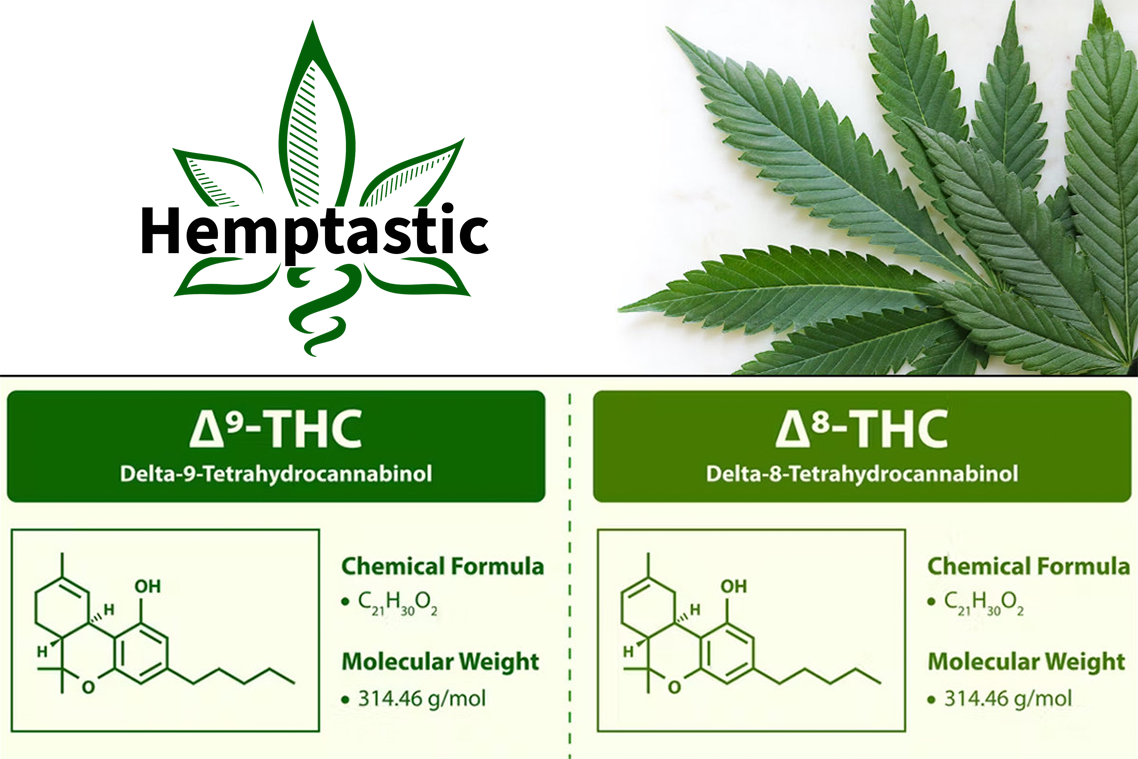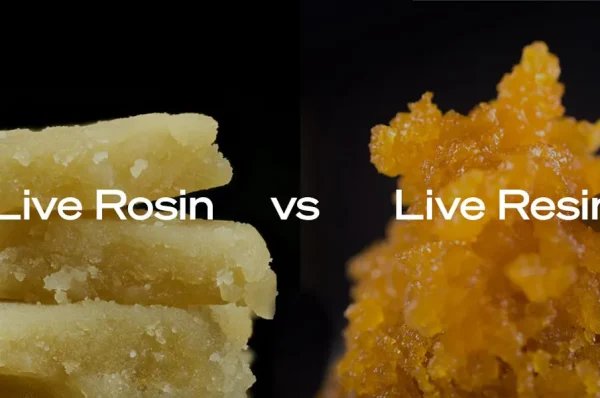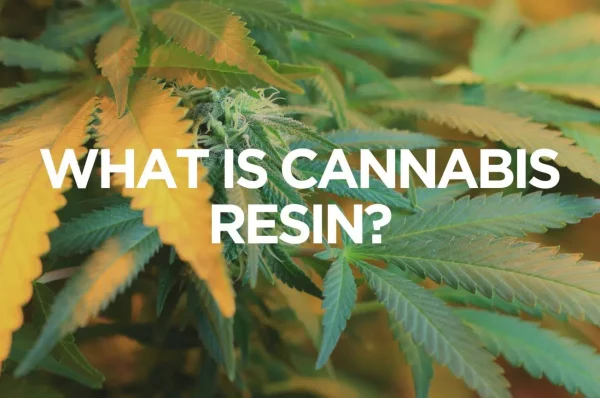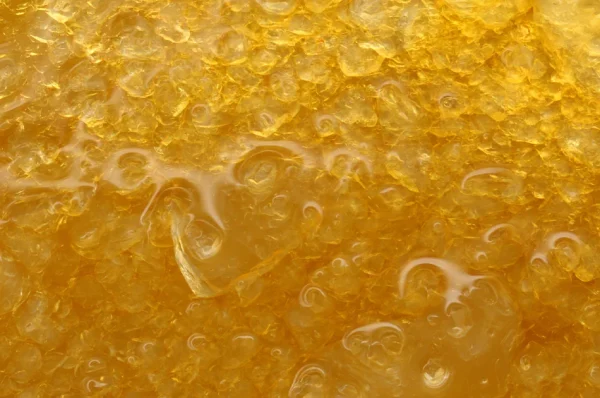The world of cannabis is ever-evolving, with continuous discoveries and innovations leading to a deeper understanding and new applications of its compounds. Among these, Tetrahydrocannabinol (THC), the primary psychoactive component of cannabis, presents in various forms, with Delta 8 THC and Delta 9 THC being the most discussed. Despite originating from the same plant, these two compounds exhibit unique characteristics in chemistry, health benefits, psychoactive properties, and extraction processes. This article aims to demystify these cannabinoids, highlighting their similarities and differences, and providing a clearer picture of their roles within the cannabis domain.
Chemistry: The Foundation of Difference
At the molecular level, Delta 8 THC and Delta 9 THC share a striking resemblance, both comprising of carbon, hydrogen, and oxygen. However, the critical difference lies in the positioning of a double bond on their carbon chain. Delta 8 THC has the double bond on the eighth carbon atom, while Delta 9 THC has it on the ninth. This slight variance significantly impacts their shape, stability, and affinity for the CB1 and CB2 receptors in the human endocannabinoid system, leading to differing effects on the body.
Delta 9 THC is naturally abundant in cannabis plants, responsible for the high associated with marijuana. On the other hand, Delta 8 THC is present in only trace amounts, making it less potent but also less psychoactive. The stability of Delta 8 THC is higher than Delta 9, leading to a longer shelf life and a more consistent effect over time.
Psychoactive Properties: The High and the Mild
The psychoactive effects of these cannabinoids are where the differences become more pronounced. Delta 9 THC is well-known for its potent psychoactive properties, inducing feelings of euphoria, heightened sensory perception, and, in some cases, anxiety or paranoia. Its effects are immediate and can be intense, depending on the dose and the individual’s tolerance.
Delta 8 THC, in contrast, is often described as “Delta 9’s milder sibling.” It offers a more subdued experience, with users reporting a clear-headed high, less anxiety, and a smoother experience overall. This milder psychoactivity makes Delta 8 THC an attractive option for those seeking the therapeutic benefits of THC without the intense psychoactive effects.
Health Benefits: Therapeutic Potentials Unveiled
Both Delta 8 and Delta 9 THC have shown promise in various therapeutic applications, albeit with some differences in their efficacy and areas of application. Delta 9 THC has been extensively studied for its medical benefits, including pain relief, appetite stimulation, and nausea reduction, particularly in chemotherapy patients. It has also been effective in treating certain symptoms of multiple sclerosis and glaucoma.
Delta 8 THC, while less researched, has displayed potential in similar areas, with added advantages due to its milder psychoactive profile. Preliminary studies and anecdotal evidence suggest that Delta 8 THC can help with anxiety, pain, and nausea, with a lower risk of inducing anxiety or paranoia. Its antiemetic, anxiolytic, appetite-stimulating, and neuroprotective properties are being explored, offering a promising alternative for patients sensitive to the effects of Delta 9 THC.
Processing and Extraction: From Plant to Product
The extraction and processing of Delta 8 and Delta 9 THC differ significantly, primarily due to their abundance in the cannabis plant. Delta 9 THC is directly extracted from the plant, especially from marijuana strains that naturally contain high levels of this compound. The process involves extraction, refinement, and purification to isolate Delta 9 THC in concentrations suitable for consumption or medical use.
Delta 8 THC requires a more complex process since it occurs in much smaller quantities. The commercial production of Delta 8 THC often involves converting CBD (cannabidiol) from hemp into Delta 8 THC through a chemical reaction involving acids and heat. This synthetic conversion process is necessary to produce Delta 8 THC in viable quantities for commercial products, raising questions about purity and the presence of residual chemicals.
Conclusion: A World of Possibilities
Delta 8 THC and Delta 9 THC, two cannabinoids from the same plant, offer a fascinating study in contrasts. From their molecular structure to their psychoactive effects and health benefits, each compound has its unique profile and potential applications. As research continues and legal landscapes evolve, the interest in and availability of both Delta 8 and Delta 9 THC products are likely to grow. Understanding their differences is crucial for consumers, medical professionals, and policymakers to navigate the complex world of cannabis with informed decisions and tailored approaches to health and wellness.




